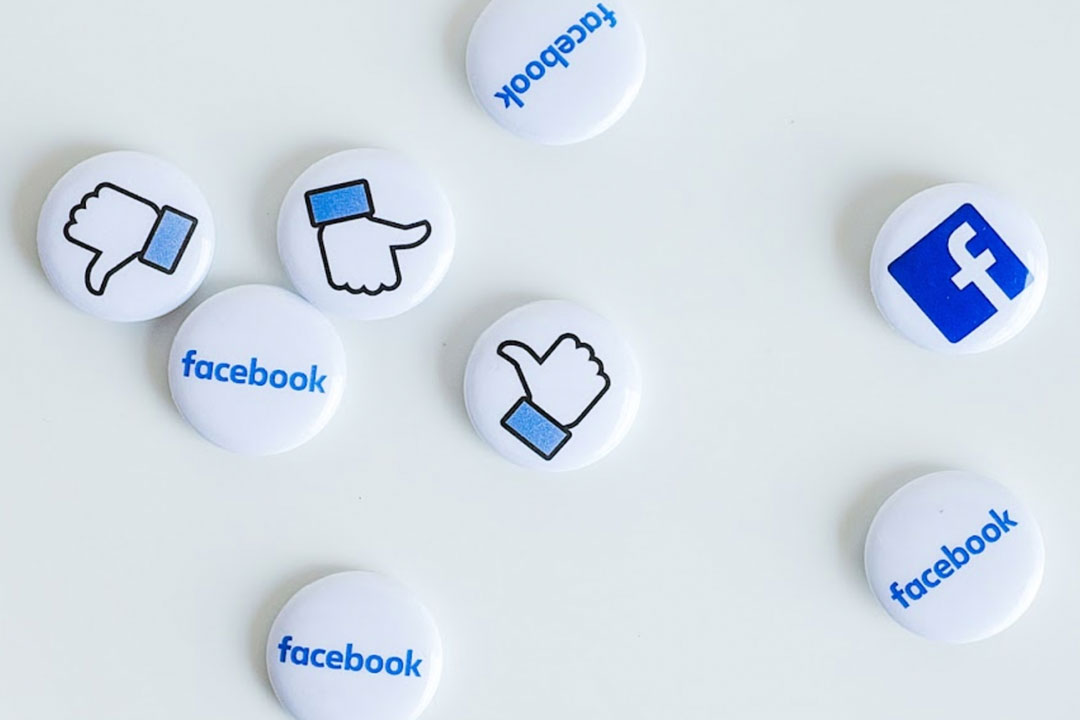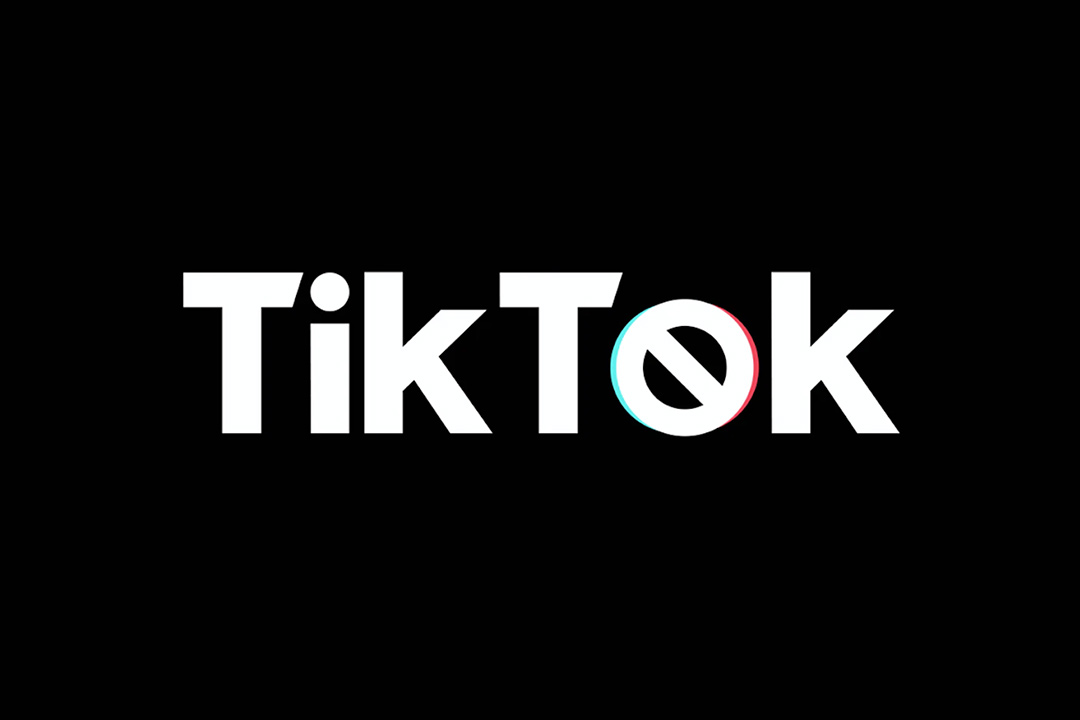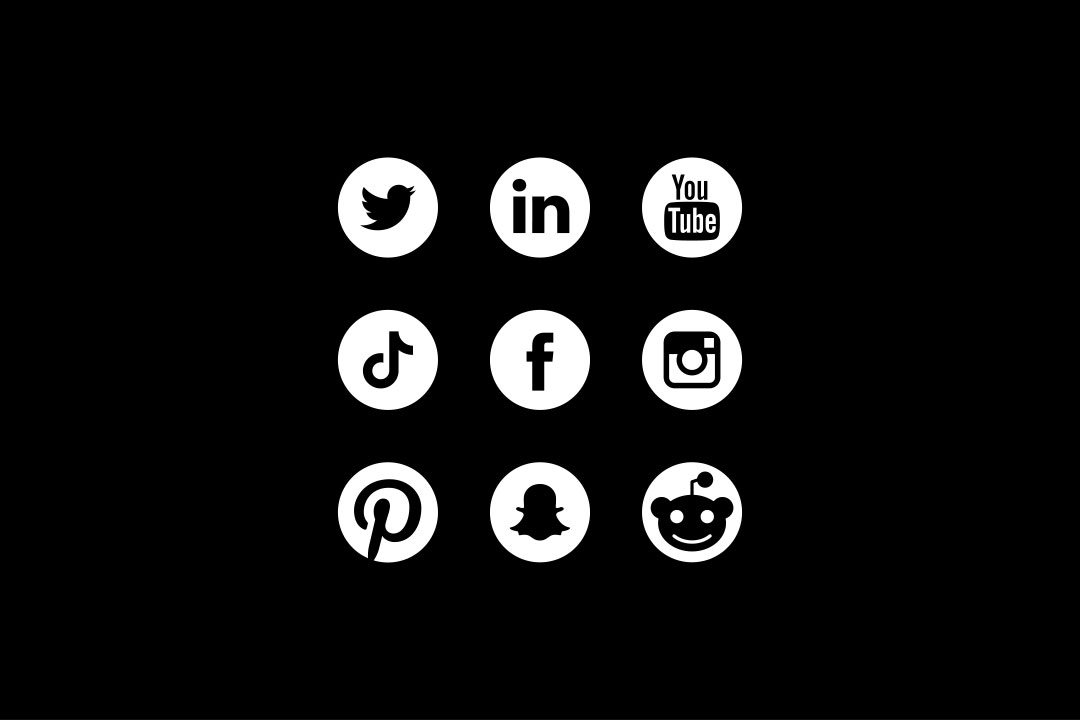The 2020 US Presidential election may still be several months away, but the candidates have already spent millions on social media advertising. Digital ad spend is expected to hit a record high of $1.34 billion for this political cycle.
In response to their role in the 2016 US Presidential election, tech companies have recently announced new rules on political advertisements to decrease the spread of “fake news” and foreign interference on their platforms.
And with very little guidance from the US government, here’s how social media platforms have decided to handle false or misleading claims in political ads:
Facebook (+ Instagram) – Allows with no restrictions
Facebook reaffirmed its policy on political ads earlier this year, saying it won’t ban them, won’t fact-check them, and won’t limit targeting to specific groups of people. Instead, Facebook will offer users slightly more control and expanded transparency when it comes to advertisements on the platform.
People have always been able to hide all ads from a specific advertiser in their Ad Preferences or directly in an ad. But now they will be able to stop seeing ads based on an advertiser’s Custom Audience from a list — or make themselves eligible to see ads if an advertiser used a list to exclude them. This control will be available to all people on Facebook and will apply to all advertisers, not just those running political or social issue ads.
Facebook.com, January 2020
“Ultimately, we don’t think decisions about political ads should be made by private companies, which is why we are arguing for regulation that would apply across the industry,” Facebook’s ad executive Rob Leathern wrote.
To convey transparency, Facebook cites its Ad Library, a public archive of ads that are running on Facebook and Instagram and those that have run in the past, as “a unique tool to shine a light on political and social issue ads.”
However, despite promises of transparency, a study by New York University researchers in March 2020 reported widespread disclosure violations in political advertising on Facebook. The study found that 55% of pages that ran US political ads, accounting for $37 million in advertising, failed to identify the funding source, in violation of Facebook policy.
Google (+ YouTube) – Allows with restrictions
Google decided in November 2019 to limit political-ad targeting to just three broad categories. Advertisers can now only target based on sex, age, and location, and are no longer able to target people based on public voting records or political affiliation.
Experts applaud Google’s ban on microtargeting, noting it allows ads to reach a more diverse group of people – enabling the public to see, debate, and correct false claims made in ads.
Twitter – Does not allow
In October 2019, Twitter announced a ban on all political ads on its platform. “Internet advertising brings significant risks to politics, where it can be used to influence votes to affect the lives of millions. Political message reach should be earned, not bought.” – Twitter CEO Jack Dorsey explained in a series of tweets. Twitter’s policy began in late November 2019.
Spotify – Does not allow
In late 2019 Spotify announced it will pause political advertising in 2020 on its ad-supported tier —which boasts 141 million users—as well as the streaming giants original and exclusive podcasts.
Spotify’s policy won’t allow political organizations such as candidates for office, elected and appointed officials, Super PACs, nonprofits, nor political parties, to buy ads on its platform.
“At this point in time, we do not yet have the necessary level of robustness in our process, systems and tools to responsibly validate and review this content,” the company said in a statement to Ad Age. “We will reassess this decision as we continue to evolve our capabilities.”
Snapchat – Allows with restrictions
Snapchat fact-checks political ads, unlike Facebook, says CEO Evan Spiegel.
“We subject all advertising to review, including political advertising,” Spiegel said in an interview on CNBC “And I think what we try to do is create a place for political ads on our platform, especially because we reach so many young people and first-time voters we want them to be able to engage with the political conversation, but we don’t allow things like misinformation to appear in that advertising.”
TikTok – Does not allow
TikTok announced in October 2019 that it will not allow political advertising on its platform.
Blake Chandlee, TikTok’s VP of Global Business Solutions, says political ads don’t fit with the short-form video experience the app aims to offer users.
Any paid ads that come into the community need to fit the standards for our platform, and the nature of paid political ads is not something we believe fits the TikTok platform experience. To that end, we will not allow paid ads that promote or oppose a candidate, current leader, political party or group, or issue at the federal, state, or local level – including election-related ads, advocacy ads, or issue ads.
TikTok.com, January 2020
LinkedIn – Does not allow
LinkedIn prohibits all political ads from its network. According to their advertising policies, “Political ads are prohibited, including ads advocating for or against a particular candidate or ballot proposition or otherwise intended to influence an election outcome.”
Pinterest – Does not allow
Photo-sharing app Pinterest also banned political advertisements on its platform.
The ban includes any advertising for or against candidates running for office, political parties or action committees, issues with the intent to influence an election, legislation, and merchandise related to political candidates, parties, or elections.
Reddit – Allows with restrictions
Reddit restricts political advertising but falls short of altogether prohibiting them.
Ads relating to political issues, candidates, or soliciting a political contribution are subject to preapproval from Reddit, must include clear “paid for by” disclosures within the ad copy and/or creative, and must comply with all applicable laws and regulations. Any ads that are “deceptive, untrue, or misleading” or depict intolerant or overly contentious views are not forbidden.
Reddit does, however, not allow political ads on issues, elections, or candidates outside the US. It also does not accept ads related to ballot measures or candidates for state and local elections within the US.
Twitch – Allows with restrictions
Twitch, the live-streaming gaming platform, does not allow political advertising. A spokeswoman for Twitch told Reuters the live-streaming gaming network does not allow political advertising.
The site does not strictly ban all issue-based advertising, but the company considers whether an ad could be seen as “political” when reviewing, the spokeswoman said.
Until broader regulations are in place, it’s up to advertisers to educate themselves on political advertising in the digital landscape.
With each platform’s definition of – and rules regarding – political ads differing from the next, it can be tough to navigate on your own. We’re here to help! Reach out to us for your social and digital needs.





